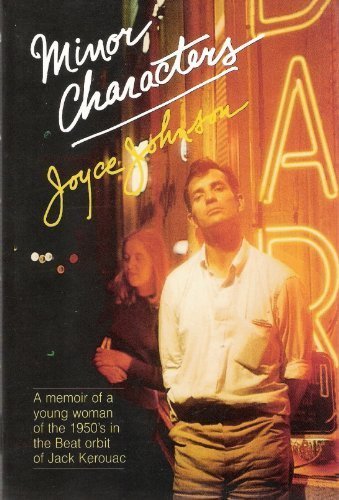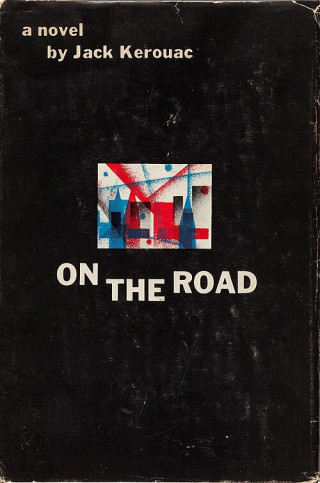“The picture of a chair in some café with the sun coming in the window and setting on the chair in a holy halo I never thought could be caught on film much less described in its beautiful visual entirety in words,” Jack wrote in his introduction to The Americans. Near the essay’s end, he gave his new friend his highest compliment: “You got eyes.”
Jack’s admirers have called his writing as “American as apple pie,” but that label is misleading in its simplicity. Despite the fact that he had been born in Lowell, Massachusetts, he considered himself only “half-American,” as he wrote in a 1945 diary entry. “All this American richness,” he wrote after walking past the backyard Labor Day feasts in his Queens neighborhood, “not for the likes of me.” As a Franco-American he felt as much an outsider in this country as Robert, who was born in Zurich in 1924, did.
In the 1880s, Jack’s French-Canadian grandparents had joined the flood of desperate refugees from the hardscrabble farms of northern Quebec who poured into New England’s mill towns. Jack was one of the few young people with that heritage to leave their French-speaking enclaves in the 1940s and take the very lonely journey into the mainstream. Brutal high school football games that may have caused lasting brain damage won Jack the scholarship to Columbia that was his ticket out of Lowell, with its looming factories. There were reasons why he identified so strongly with the poor, the rootless, and the oppressed. In one revealing passage in On the Road, Jack’s autobiographical narrator, Sal Paradise, whom he disguised as an Italian (his concealment of his own ethnic identity later made him ashamed) chides himself for his “white ambitions.” But if you listen closely to the unique music of Sal’s voice, you can hear the cadences of the French-Canadian language that Jack grew up speaking.
After Robert’s father was stripped of his German passport during Robert’s childhood in Geneva, the family went through agonizing uncertainty until he was granted Swiss citizenship. By the time Robert was in his teens, Jewish families like the Franks were being rounded up just over the Swiss border and sent to concentration camps. When World War II was over, Robert decided he no longer wanted to live in Europe; he’d landed in New York at the age of twenty-three, a decade before he met Jack.
The special clarity that can be achieved through a pervasive sense of otherness was something Jack shared with Robert. Both contributed to the real richness of America by being artists who understood that the feeling of exclusion is as American as apple pie.

